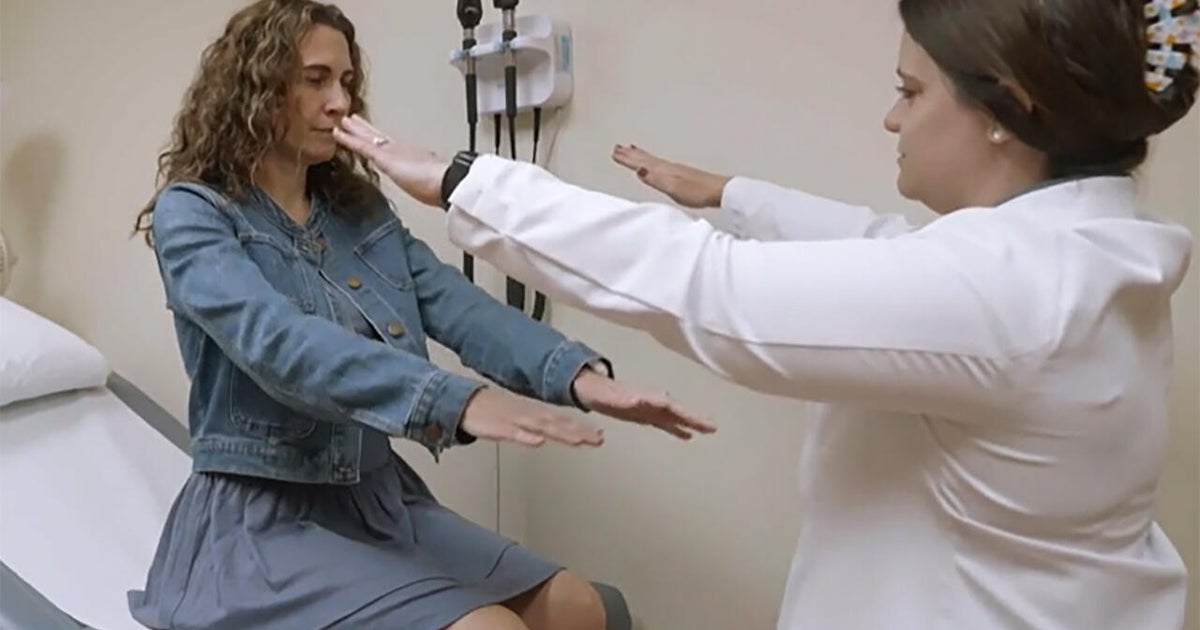
"have been coming to the Washington University School of Medicine in St. Louis to participate in some of the world's first clinical trials in Alzheimer's prevention. "It's the least I can do to help," said Hannah. "I feel like I couldn't live with myself if I didn't do it." Dr. Randy Bateman, who leads international clinical trials at WashU Medicine, said, "Now we have a chance to change the course of the disease in a way we've never been able to do before.""
"One reason for Bateman's optimism: For the first time, there's finally success treating mild Alzheimer's with medication that removes amyloid plaques - the protein deposits that build up on the outside of nerve cells in the brain, interfering with memory and thinking. These drugs have been shown to slow cognitive decline. "People who had the plaques removed are 30 percent better than the people who didn't have the plaques removed," Bateman said. "It doesn't stop the dementia. Dementia still continues, but at a slower rate.""
Carrie Richardson developed early-onset Alzheimer's at 41 due to rare genetic mutations that essentially guarantee disease onset. Her family has lost multiple members in their thirties and forties, including a son. Carrie, her mother Mary, and Carrie's daughter Hannah participate in prevention clinical trials at Washington University School of Medicine. Medications that remove amyloid plaques have shown the ability to slow cognitive decline, with treated patients performing about 30 percent better than untreated patients. Dementia progression continues but at a slower rate. Trials now aim to begin treatment before symptoms appear because earlier intervention produces better outcomes and may stabilize some participants.
Read at Cbsnews
Unable to calculate read time
Collection
[
|
...
]